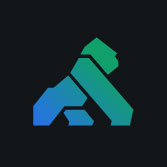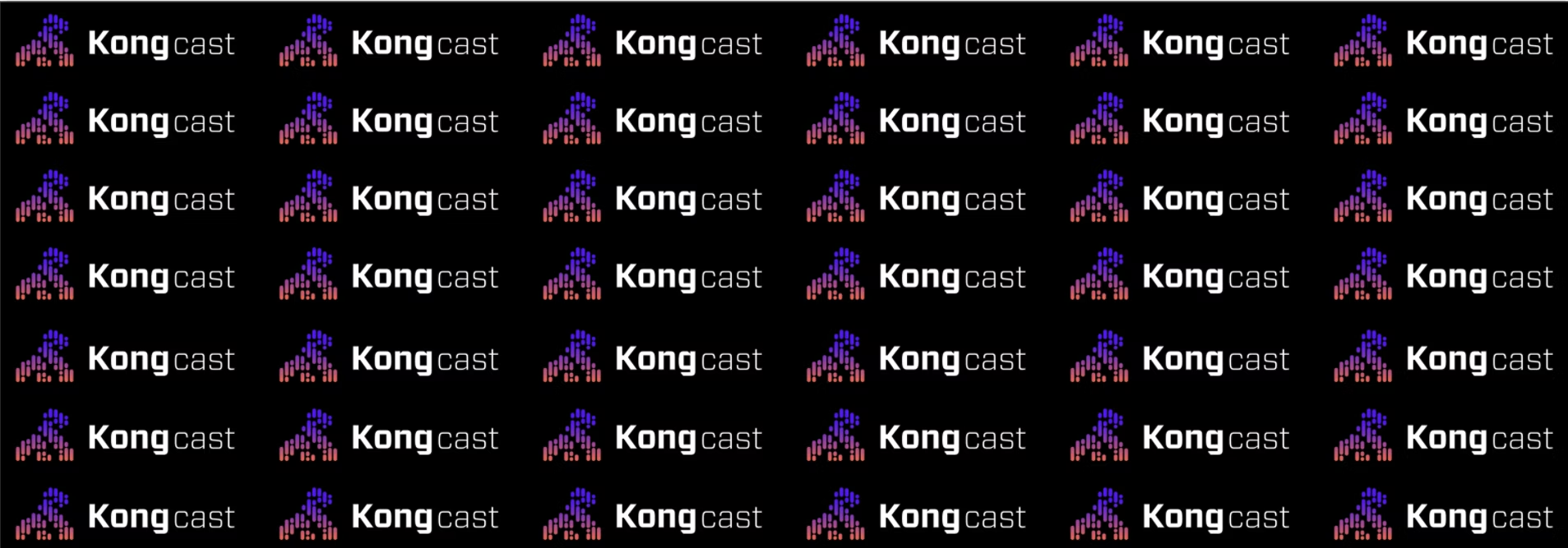In this episode of Kongcast, I went all-in on PHP, Laravel and PHP developer tools with Freek Van der Herten, a backend developer at Spatie. Then, Freek demoed his new PHP debugging tool: Ray.
Check out the transcript and video from our conversation below, and be sure to subscribe to get email alerts for the latest new episodes.
I’m mostly on the Java side or JVM side of things. But today, we’re going to be talking about PHP. Freek promised me that he'd bring a fresh perspective. Java is kind of old school. Freek comes from this new and shiny world of PHP. Java is considered very close to COBOL and very enterprisey and almost dying out.
Freek: I would say that there is more credit that we can give to Java. I don’t think of it as a bad language per se. But yeah, my preferred language is PHP because I spent the most time in there, and it’s like you said, awesome features.







